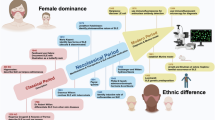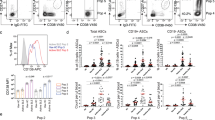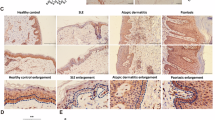Abstract
Type I interferons play a key role in systemic lupus erythematosus (SLE) pathogenesis as an "IFN signature" is found in the majority of patients with active SLE. Immune complexes are internalized by plasmacytoid dendritic cells (DC) via Fc-[gamma] ReceptorIIA, reach the endosomal compartment and activate IFN-[alpha] secretion through TLR7/9-dependent pathways. Naturally occurring differences in expression of the TLR7/9 gene as well as factors that modulate TLR7/9 expression, including CD154 could therefore contribute to SLE pathogenesis. Although its origin is not elucidated CD154 is hyperexpressed in SLE patients, and is important for the differentiation of autoantibody-secreting cells. We hypothesized that platelets which are an abundant source of CD154, and which can mediate proinflammatory effects could be an actor involved in SLE pathogenesis. Platelets from SLE patients are activated in vivo by circulating immune complexes which are abundant in SLE sera, via a CD32-dependent mechanism. Activated platelets formed aggregates with antigen-presenting cells in SLE patients and enhanced interferon-[alpha] secretion induced by immune-complexes stimulated plasmacytoid DCs. Finally, in vivo depletion of platelets and megakaryocytes in NZBxNZW(F1) lupus prone mice improved all parameters assessing disease activity, whereas transfusion of activated platelets worsened the disease course. Altogether, these data identify platelets as a mediator of SLE pathogenesis and a new therapeutical target.
Similar content being viewed by others
Article PDF
Author information
Authors and Affiliations
Rights and permissions
About this article
Cite this article
Duffau, P., Seneschal, J., Nicco, C. et al. Modulation of interferon-[alpha] secretion by activated platelets in systemic lupus erythematosus.. Nat Prec (2008). https://doi.org/10.1038/npre.2008.1528.1
Received:
Accepted:
Published:
DOI: https://doi.org/10.1038/npre.2008.1528.1



